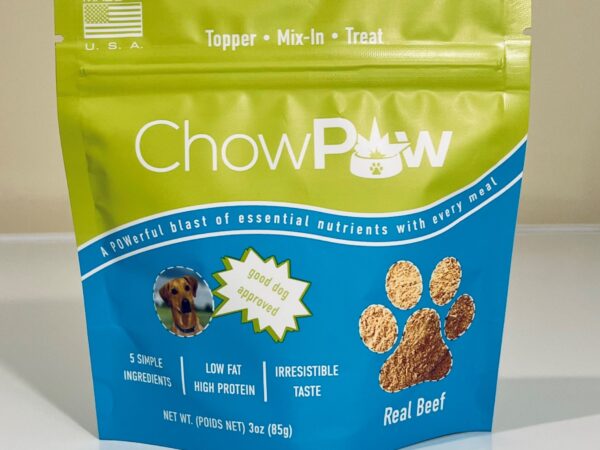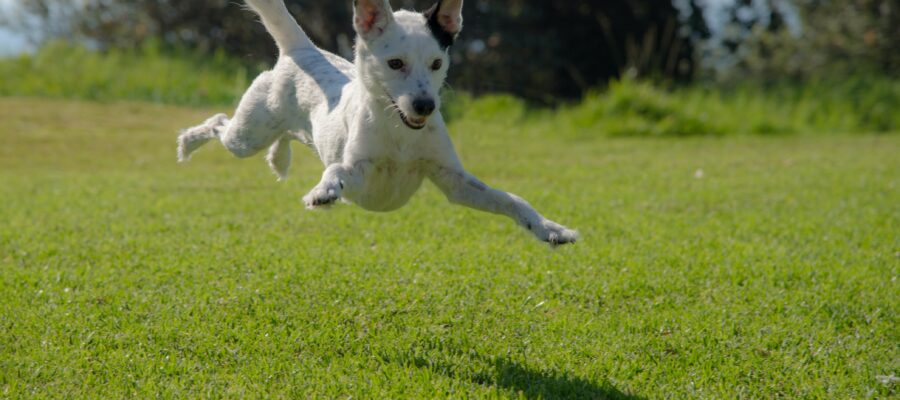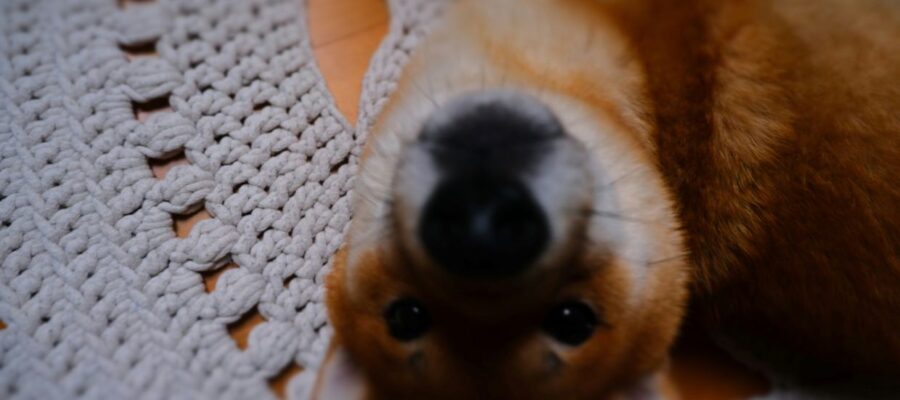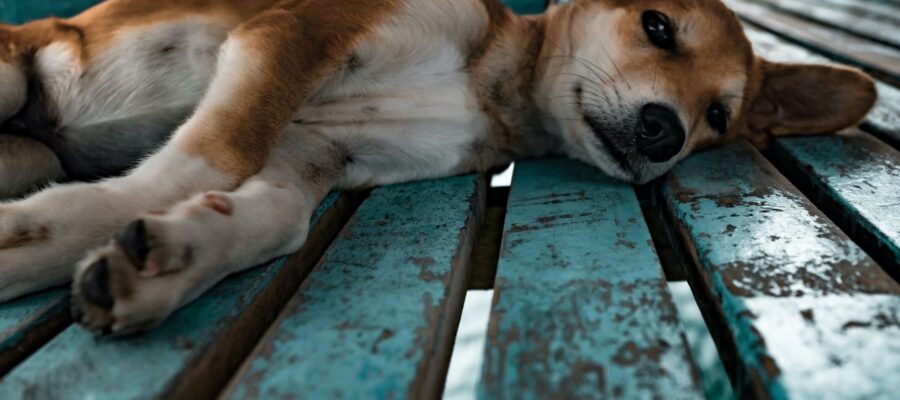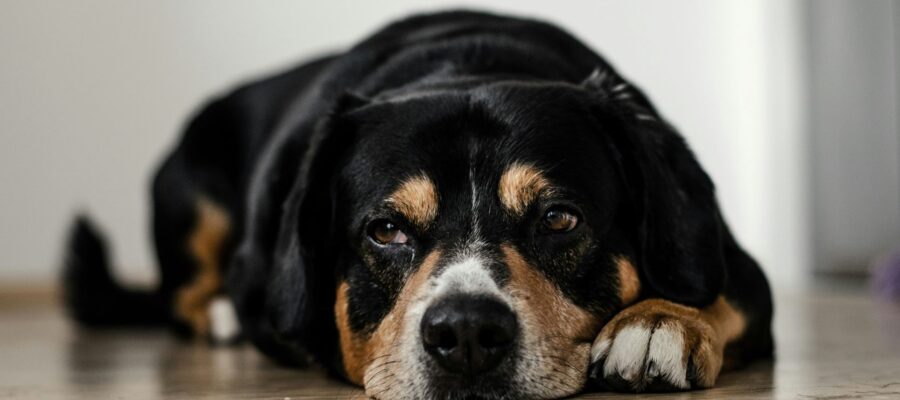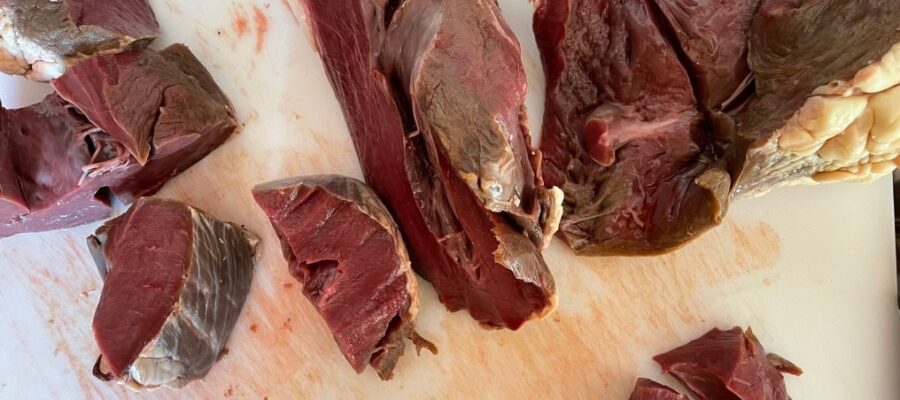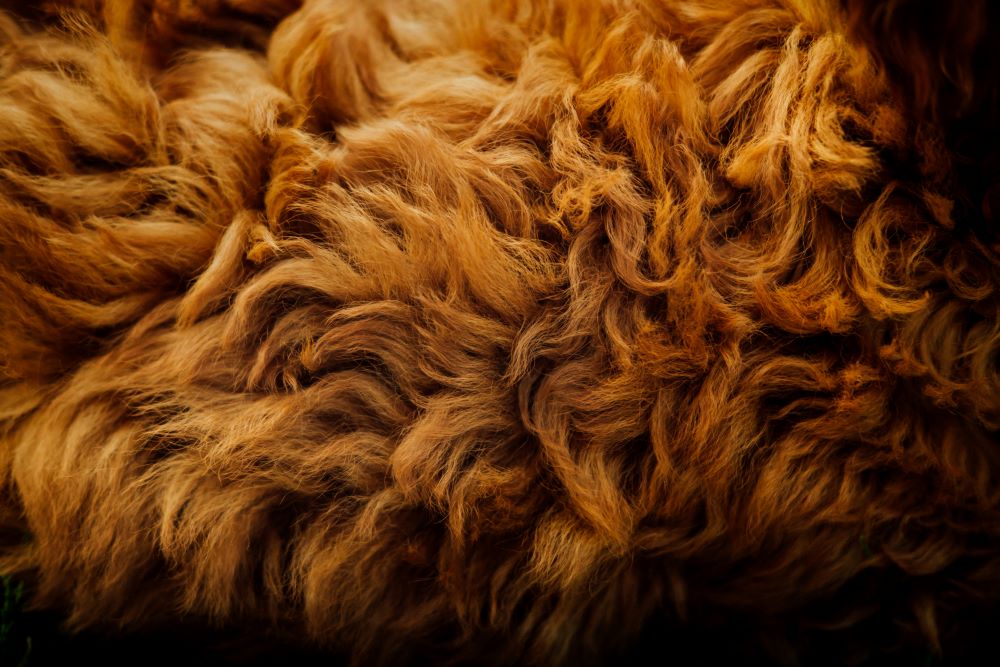
The Food-Fur Connection: How Nutrition Impacts Your Dog’s Coat
Ever noticed how your dog’s coat can change with the seasons, stress, or even what they eat? It’s not just your imagination! Diet plays a HUGE role in the health and appearance of your furry friend’s fur. Let’s dive into the fascinating connection between food and fur, exploring how specific nutrients can transform your pup’s coat from drab to fab.
Why Nutrition Matters for a Healthy Coat
Your dog’s fur isn’t just there to look cute; it serves important functions like regulating body temperature and protecting their skin. And just like our hair, their coat reflects their overall health. A shiny, luscious coat usually indicates a well-nourished dog, while a dull, dry, or brittle coat might be a sign that something’s missing in their diet.
Essential Nutrients for a Glorious Coat
- Protein: The building block of hair! High-quality protein sources like meat, fish, and eggs provide the amino acids necessary for strong, healthy hair growth.
- Omega-3 Fatty Acids: These superhero fats reduce inflammation, moisturize the skin, and promote a shiny, soft coat. You can find them in fish oil, flaxseed, and certain types of algae.
- Vitamins: Vitamins A, E, and biotin (a B vitamin) are essential for skin health, which in turn affects coat quality.
- Minerals: Zinc, copper, and iron play a role in hair growth and pigmentation.
- Water: Don’t forget hydration! A dehydrated dog can have a dull, lackluster coat.
Chow Time for a Beautiful Coat: Best Foods
To give your dog’s fur a boost, consider adding these foods to their diet:
- Fatty Fish: Salmon, sardines, and mackerel are packed with omega-3s.
- Eggs: A good source of protein, biotin, and other nutrients. Read our recent article to learn more about if dogs can have eggs.
- Sweet Potatoes: High in beta-carotene, which converts to vitamin A in the body.
- Pumpkin: A fiber-rich source of vitamins and minerals.
- Liver: A nutrient powerhouse, but feed in moderation due to its high vitamin A content.
Warning Signs: When Your Dog’s Coat Needs Help
If your dog’s coat is looking less than its best, it could be a sign of a nutritional deficiency or an underlying health issue. Look out for these signs:
- Excessive Shedding: While some shedding is normal, such as seasonal shedding, a sudden increase could signal a problem.
- Dull, Dry Coat: Lack of luster, brittle hairs, or dandruff may indicate a need for more moisture or essential fatty acids.
- Itchy Skin: If your dog is constantly scratching, it could be due to allergies or skin irritation related to diet.
- Bald Patches or Thinning Fur: This could be a sign of hormonal imbalance, allergies, or other health concerns.
If you notice any of these signs, it’s always a good idea to consult your veterinarian for a check-up.
FAQs: The Food-Fur Connection
Q: Can I give my dog human hair, skin, and nail vitamins to help their coat?
A: No! Human supplements can be dangerous for dogs. Always consult your vet before giving any supplements to your pet.
Q: How long does it take to see improvement in my dog’s coat after changing their diet?
A: It can take several weeks or even months to see a significant improvement in coat health. Be patient and consistent with dietary changes.
Q: Are there any foods I should avoid to maintain a healthy coat?
A: Low-quality dog food filled with fillers and artificial ingredients can negatively impact your dog’s coat. Check ingredient lists and choose high-quality options.
Feed Your Dog’s Fur from the Inside Out
The food you feed your dog is more than just fuel; it’s a building block for their overall health, including their coat. By providing a balanced diet rich in essential nutrients and supplementing with healthy options like ChowPow, you can ensure your furry friend’s coat stays as radiant as their personality!

